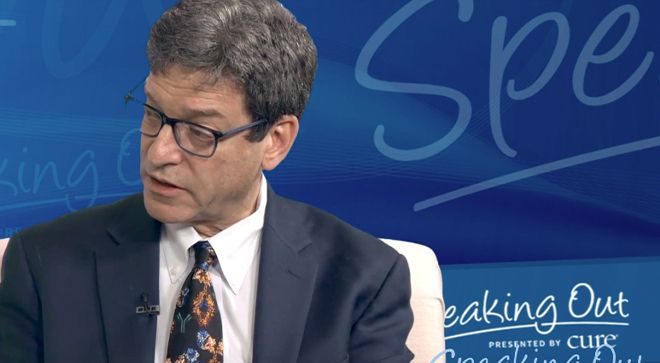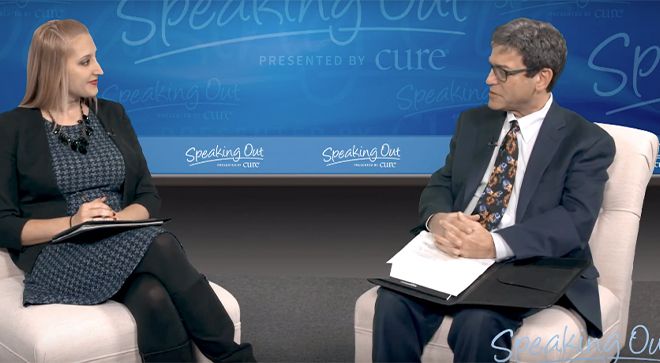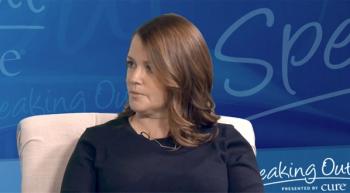
Mantle Cell Lymphoma
Latest News


Here is a list of the recent trial initiations that occurred within the cancer space in January.
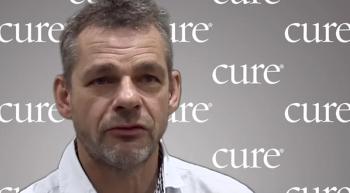
Typically, the longer a patient with cancer is exposed to a drug the more side effects they experience, but in the case of Imbruvica, the opposite appears to be true for patients with MCL.

The pivotal phase 3 GRAVITAS-301 study – designed to evaluate itacitinib in combination with corticosteroids in patients with treatment-naïve acute graft-versus-host disease – failed to meet its primary endpoint of improving overall response rates.

Treatment with a CAR-T cell therapy showed promise in patients with mantle cell lymphoma, potentially leading to a new option for a group of individuals who have exhausted other options.

However, the recent addition of new chemotherapy-free options such as chimeric antigen receptor (CAR)-T cell therapy could offer hope for patients with mantle cell lymphoma who develop resistance to chemotherapy-based treatment.
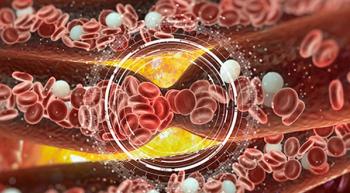
While chemotherapy is widely used in the frontline treatment of mantle cell lymphoma (MCL), earlier use of BTK inhibitors such as Imbruvica (ibrutinib) may soon make chemotherapy obsolete for some patients, according to new data presented at the 2019 American Society of Hematology (ASH) Annual Meeting.

The Food and Drug Administration approved Brukinsa to treat relapsed and refractory mantle cell lymphoma, but what does this mean for patients?

While resistance can often make it a challenge to treat mantle cell lymphoma, therapies have come a long way in recent years thanks to the emergence of personalized treatment and the use of BTK inhibitors, according to one expert.

Researchers are expanding a clinical trial to include more patients with mantle cell lymphoma after some patients given the combination of medications under investigation showed no signs of cancer after treatment.

The Food and Drug Administration has approved Brukinsa to treat patients with mantle cell lymphoma whose disease has stopped responding to other medications or has recurred.

Dr. Thomas Weber has died following a ‘short but fierce’ fight with mantle cell lymphoma.

Patients and survivors shared messages of hope and enjoyed an evening of fun at the 11th annual celebration sponsored by Hackensack Meridian Health.

Having a parent, sibling or child with blood cancer raises an individual’s risk of also receiving a blood cancer diagnosis, according to the results of a large European study.

While emerging therapies for mantle cell lymphoma (MCL) continue to shape the treatment landscape, no key standard currently exists, says one expert – particularly for older patients, who benefit most from a treatment approach that has been tailored to fit them and their disease.
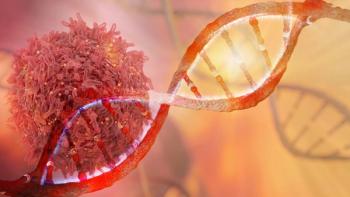
BTK inhibitors and CAR-T cell therapies for mantle cell lymphoma help to expand the treatment landscape for patients.
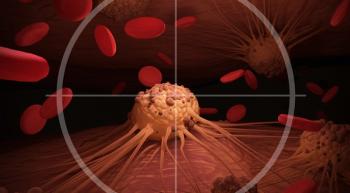
One expert discusses the current treatment options for patients with mantle cell lymphoma as well as the potential shift away from chemotherapy in the future.
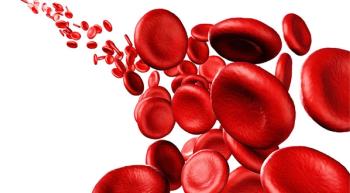
Those with a first-degree relative diagnosed with certain blood cancers may be at an increased risk for developing the disease themselves.

A slower walking pace among older adults with blood cancer can be a sign of frailty – which could be useful to know when tailoring one’s care to increase survival and lower hospitalizations.
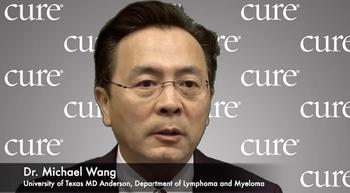
Breakthroughs such as CAR-T cell therapy in the treatment of mantle cell lymphoma could help patients overcome drug resistance and ultimately live longer, according to Dr. Michael Wang.
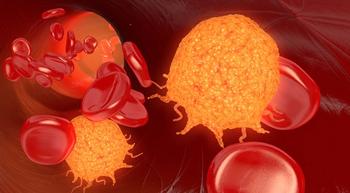
Newer treatments for MCL offer hope to patients living with the fast-growing and challenging-to-treat disease.
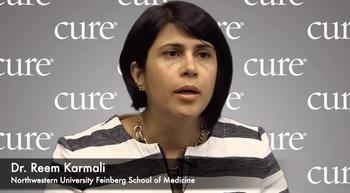
Mantle cell lymphoma remains incurable, despite researchers’ best efforts. However, new treatment options show promise in the relapsed/refractory setting and may improve patient outcomes if moved to the front-line, according to Dr. Reem Karmali.

An expert discusses the exciting approaches under investigation in mantle cell lymphoma and insight into where future research should focus.

Maintenance therapy with Imbruvica appeared to be a feasible option for patients with mantle cell lymphoma, according to Dr. Reem Karmali.
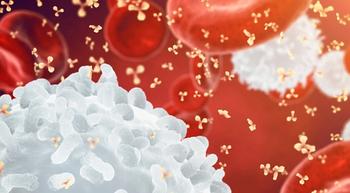
Treatment with lisocabtagene maraleucel, also known as liso-cel, demonstrated clinical activity and appeared tolerable among patients with relapsed/refractory mantle cell lymphoma.




